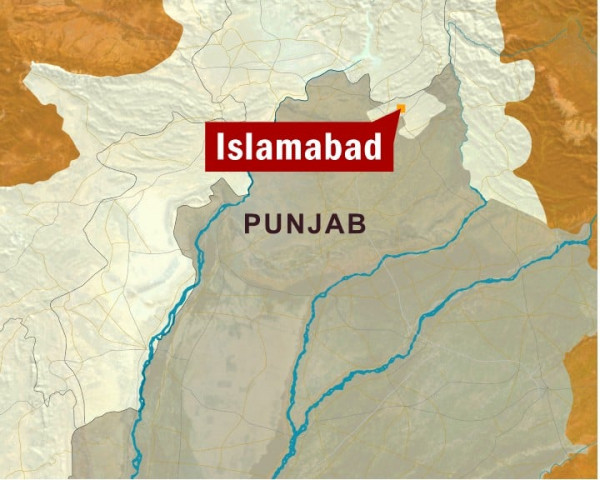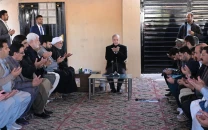Democracy test: Pakistan scores 46%
Study was a result of a comprehensive assessment based on an international democracy assessment framework.

If democracy was a test, Pakistan would score 46 per cent, a one percent increase from September 2010. This was stated by Pakistan Institute of Legislative Development and Transparency’s (PILDAT) Democracy Assessment Group on completion of the current government’s third parliamentary year.
The study was a result of a comprehensive assessment based on an international democracy assessment framework reflecting the experience of democracies around the world.
Speaking at a roundtable discussion on “Assessment of the Quality of Democracy in Pakistan” here at PILDAT on Tuesday, Senior Advocate Supreme Court of Pakistan, Shahid Hamid said, “The key message of the assessment is that the current status of constitutional and institutional arrangements of democracy in Pakistan are comparatively better than in most parts of our history.” The basic ingredients of democracy are in place, but the state of governance, rule of law, accountability and integrity in public office are unsatisfactory, he added.
“The score assigned to quality of democracy [in Pakistan] is accurate, yet misleading at the same time,” said former minister for information Javed Jabbar. The score incorporates both the positives and negatives of democracy, he said.
The positives include giving voice to public bodies like the Public Accounts Committee, judiciary, and even to the killer of former Punjab governor Salmaan Taseer. The negatives, among others, include the sense of insecurity among non-Muslims and the government’s inability to take long-lasting decisions on key economic and governance issues. “It is difficult to evaluate democracy in Pakistan as it has recently come out of the shadows of dictatorship,” he said. He said that military rule leaves the country and its systems weaker.
PML-N Information Secretary Ahsan Iqbal said that the biggest loss in the last three years is the loss of consensus on issues such as: democracy being the only way forward, constitutional supremacy, independence of judiciary, de-politicisation of the army and economic revival.
The 18th amendment is one of the biggest achievements, he said, but the political role of the President of Pakistan is questionable. However, the government’s failure should not be considered the failure of democracy, the information secretary added.
A large number of parliamentarians, analysts, civil society representatives and media persons also participated in the roundtable discussion.
Published in The Express Tribune, March 16th, 2011.



















COMMENTS
Comments are moderated and generally will be posted if they are on-topic and not abusive.
For more information, please see our Comments FAQ